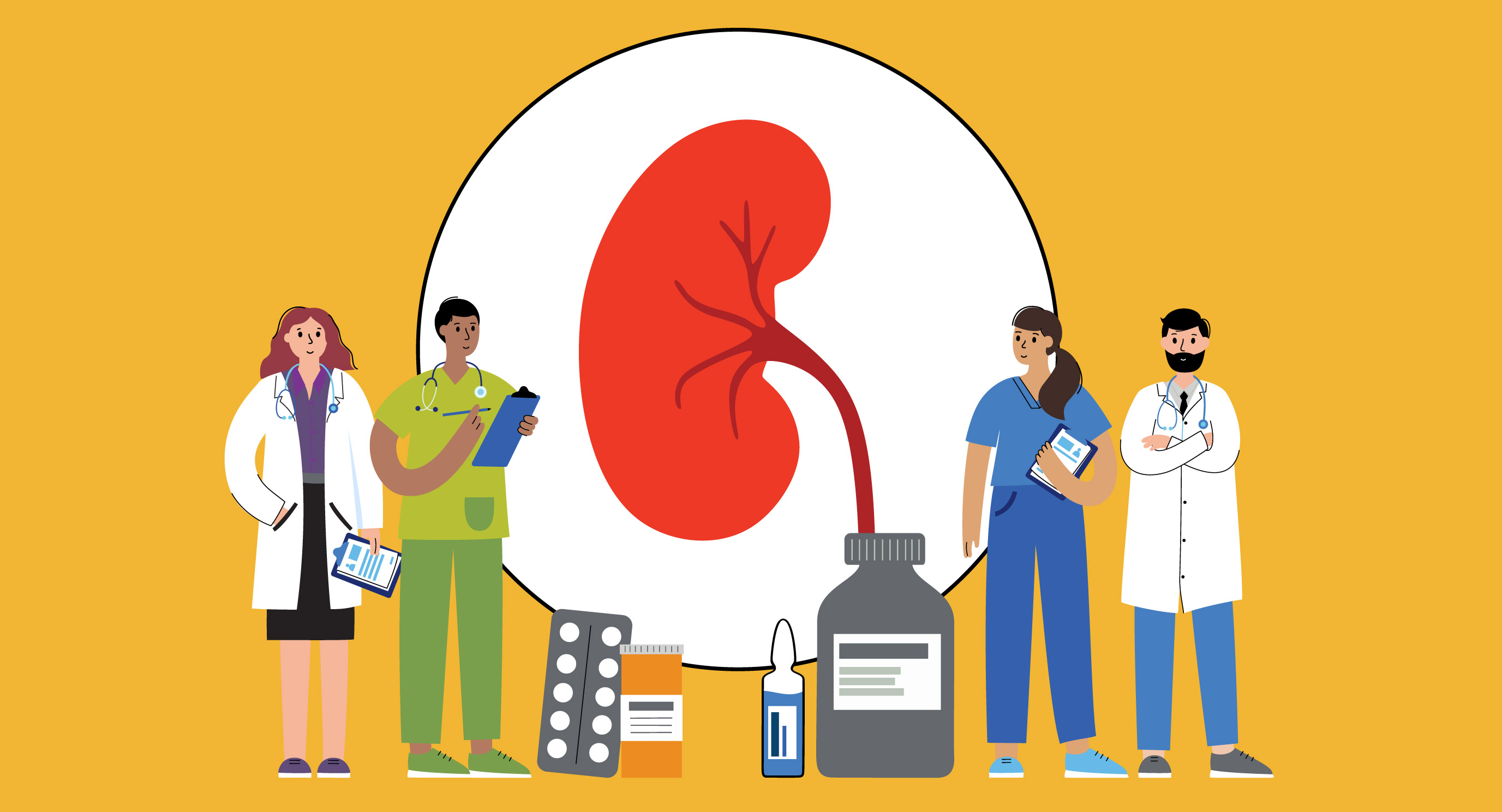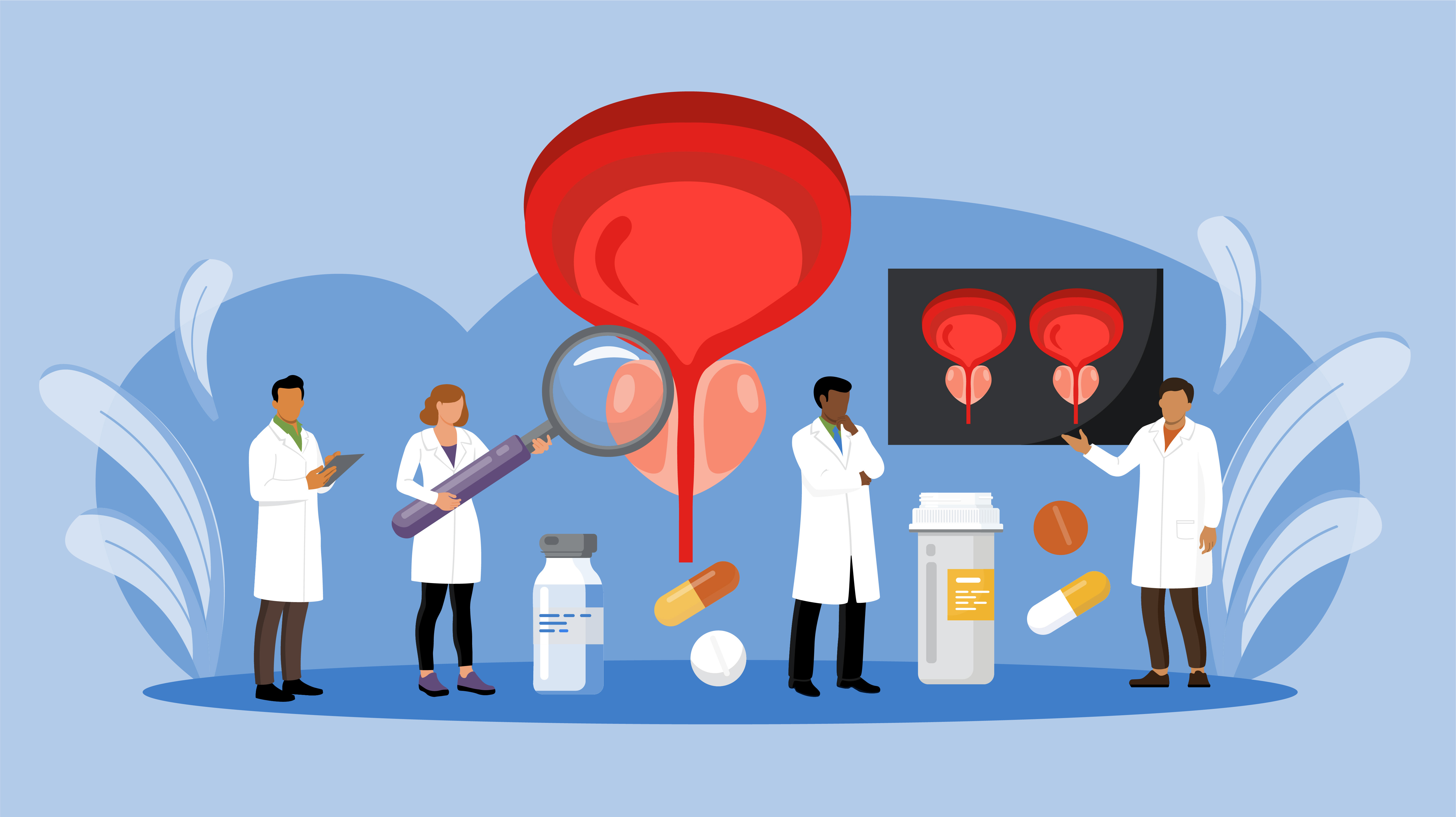- Diseases
- Acoustic Neuroma (14)
- Adrenal Gland Tumor (24)
- Anal Cancer (68)
- Anemia (2)
- Appendix Cancer (16)
- Bile Duct Cancer (26)
- Bladder Cancer (72)
- Brain Metastases (28)
- Brain Tumor (232)
- Breast Cancer (714)
- Breast Implant-Associated Anaplastic Large Cell Lymphoma (2)
- Cancer of Unknown Primary (4)
- Carcinoid Tumor (8)
- Cervical Cancer (158)
- Colon Cancer (166)
- Colorectal Cancer (116)
- Endocrine Tumor (4)
- Esophageal Cancer (44)
- Eye Cancer (36)
- Fallopian Tube Cancer (8)
- Germ Cell Tumor (4)
- Gestational Trophoblastic Disease (2)
- Head and Neck Cancer (12)
- Kidney Cancer (128)
- Leukemia (342)
- Liver Cancer (50)
- Lung Cancer (286)
- Lymphoma (278)
- Mesothelioma (14)
- Metastasis (30)
- Multiple Myeloma (100)
- Myelodysplastic Syndrome (60)
- Myeloproliferative Neoplasm (4)
- Neuroendocrine Tumors (16)
- Oral Cancer (100)
- Ovarian Cancer (172)
- Pancreatic Cancer (160)
- Parathyroid Disease (2)
- Penile Cancer (14)
- Pituitary Tumor (6)
- Prostate Cancer (146)
- Rectal Cancer (58)
- Renal Medullary Carcinoma (6)
- Salivary Gland Cancer (14)
- Sarcoma (238)
- Skin Cancer (294)
- Skull Base Tumors (56)
- Spinal Tumor (12)
- Stomach Cancer (64)
- Testicular Cancer (28)
- Throat Cancer (92)
- Thymoma (6)
- Thyroid Cancer (96)
- Tonsil Cancer (30)
- Uterine Cancer (80)
- Vaginal Cancer (16)
- Vulvar Cancer (20)
- Cancer Topic
- Adolescent and Young Adult Cancer Issues (20)
- Advance Care Planning (10)
- Biostatistics (2)
- Blood Donation (18)
- Bone Health (8)
- COVID-19 (362)
- Cancer Recurrence (120)
- Childhood Cancer Issues (120)
- Clinical Trials (630)
- Complementary Integrative Medicine (22)
- Cytogenetics (2)
- DNA Methylation (4)
- Diagnosis (232)
- Epigenetics (6)
- Fertility (62)
- Follow-up Guidelines (2)
- Health Disparities (14)
- Hereditary Cancer Syndromes (126)
- Immunology (18)
- Li-Fraumeni Syndrome (8)
- Mental Health (116)
- Molecular Diagnostics (8)
- Pain Management (62)
- Palliative Care (8)
- Pathology (10)
- Physical Therapy (18)
- Pregnancy (18)
- Prevention (912)
- Research (392)
- Second Opinion (74)
- Sexuality (16)
- Side Effects (604)
- Sleep Disorders (10)
- Stem Cell Transplantation Cellular Therapy (216)
- Support (402)
- Survivorship (320)
- Symptoms (182)
- Treatment (1786)
Fighting renal medullary carcinoma with my brother
BY Cora Connor
3 minute read | Published May 12, 2015
Medically Reviewed | Last reviewed by an MD Anderson Cancer Center medical professional on May 12, 2015
On April 19, 2012, my family's life changed forever. That's when my younger brother, Herman, was diagnosed with renal medullary carcinoma, a rare kidney cancer associated with sickle cell trait.
From the moment my brother received his diagnosis, I promised I would fight for him. It's a promise I've strived to keep.
Herman's renal medullary carcinoma diagnosis
Months before his renal medullary carcinoma diagnosis, Herman started experiencing back pain. He'd been healthy his entire life and thought it may have been a pulled muscle.
But when he saw traces of blood in his urine, he knew something was wrong. He drove to the emergency room and got an X-ray. It showed a mass inside his kidney. The doctor said it looked like cancer, but he'd have to follow up with a urologist to confirm. After several weeks of testing, the biopsy came back positive for renal medullary carcinoma. Herman planned to undergo treatment at a hospital near our hometown in South Carolina. His tumor was resistant to chemotherapy, so his doctors said they'd have to remove his kidney.
But days before the surgery, the doctors canceled. They told Herman there was nothing they could do for him. The news was devastating. Our family felt so hopeless.
Coming to MD Anderson for Herman's renal medullary carcinoma treatment
We were committed to saving my brother's life, so we began looking for another hospital. That's when we found MD Anderson. It was more than 1,000 miles away, but the distance was worth it to us.
Herman's doctor, Nizar M. Tannir, M.D., was committed from the first day that we stepped into his office. Every two to three weeks, we flew back to Texas. Herman underwent six cycles of cytotoxic chemotherapy. Then, in October 2012, he had surgery to remove part of his right kidney. Following surgery, he began chemotherapy again. He finished treatment in April 2014.
I strived to be there every step of the way.
Last year, Herman was declared cancer-free. He now returns to MD Anderson every three months for follow-up appointments.
'Anything is possible'
Herman has always been private, and I try to respect that. I try not to bring up his treatment unless he wants to talk about it. Sometimes being a caregiver means just listening. We don't always have to offer our opinions.
I know that not everyone has been as blessed and fortunate as Herman. Thanks to Dr. Tannir and the wonderful and relentless staff at MD Anderson, I, too, have become a champion for finding a cure for this disease.
I now volunteer for myCancerConnection, MD Anderson's one-on-one support program that connects patients and caregivers with survivors who've been there. When I talk to other caregivers and patients, I listen to their stories and share my own experiences. I try to give them hope. I know how important hope is when you're facing cancer.
I've also started my own nonprofit organization to raise awareness about renal medullary carcinoma. I hope money we raise can help Dr. Tannir and his team find a cure for this disease. If we have learned anything over the last few years, it is that human compassion knows no bounds and that anything is possible.
When Herman was diagnosed, I promised I would fight for him. Even now that he's cancer-free, it's a promise I still keep.
To connect with other cancer patients and caregivers through myCancerConnection, please call 800-345-6324 or visit myCancerConnection online.
Related Cancerwise Stories

When my brother was diagnosed, I promised I would fight for him. Even now that he's cancer-free, it's a promise I still keep.
Cora Connor
Caregiver





